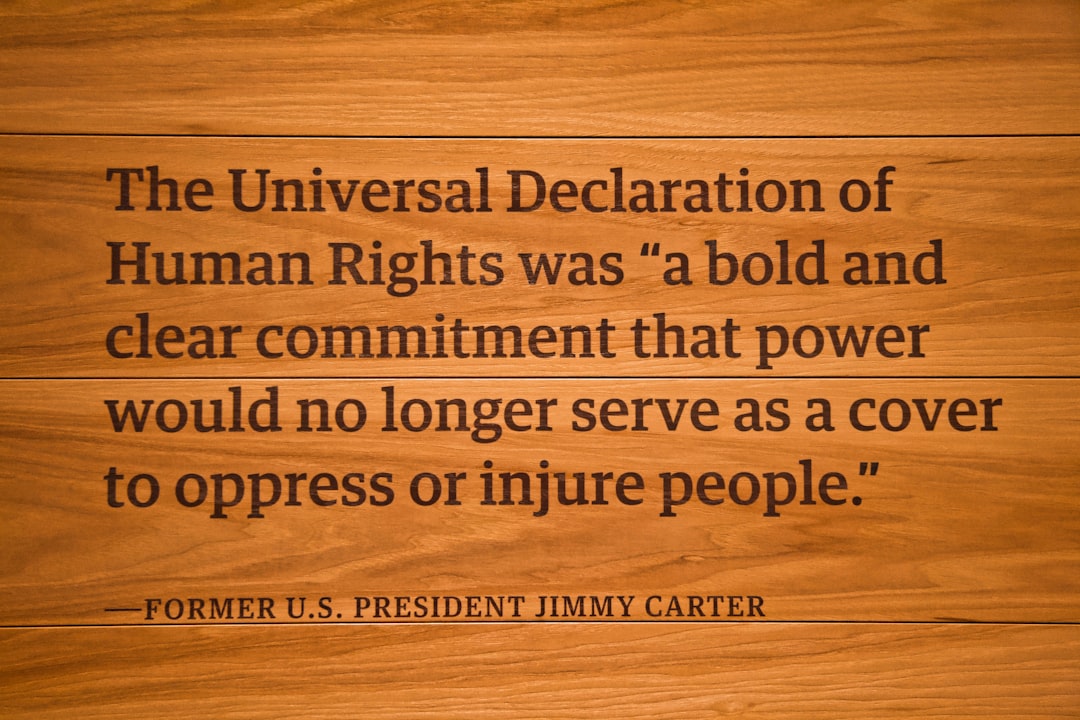What is it about?
This article asks how consequential is it for individuals to know the social ties of other people, especially if those ties induce punishments for anti-cooperative behavior. For the cooperation games analyzed here, it is not necessary for people to guess the whole network, just the ties of the people they interact with. In this domain, partial network knowledge and related beliefs can sustain cooperation.
Featured Image

Photo by Cytonn Photography on Unsplash
Why is it important?
The most important insight is that aggregate network uncertainty is not an impediment to cooperation. This is a counter-intuitive result insofar as we would think that full knowledge of conditioning factors (whether social ties or something else) is necessary for cooperation. This paper demonstrates that this is not the case: cooperation is possible even when the whole network is not common knowledge. But there are distributional consequences: individual differences can allow some agents to exploit either less knowledgeable or more connected players.
Read the Original
This page is a summary of: Social dilemmas with manifest and unknown networks, Rationality and Society, January 2020, SAGE Publications,
DOI: 10.1177/1043463119894582.
You can read the full text:
Contributors
The following have contributed to this page










